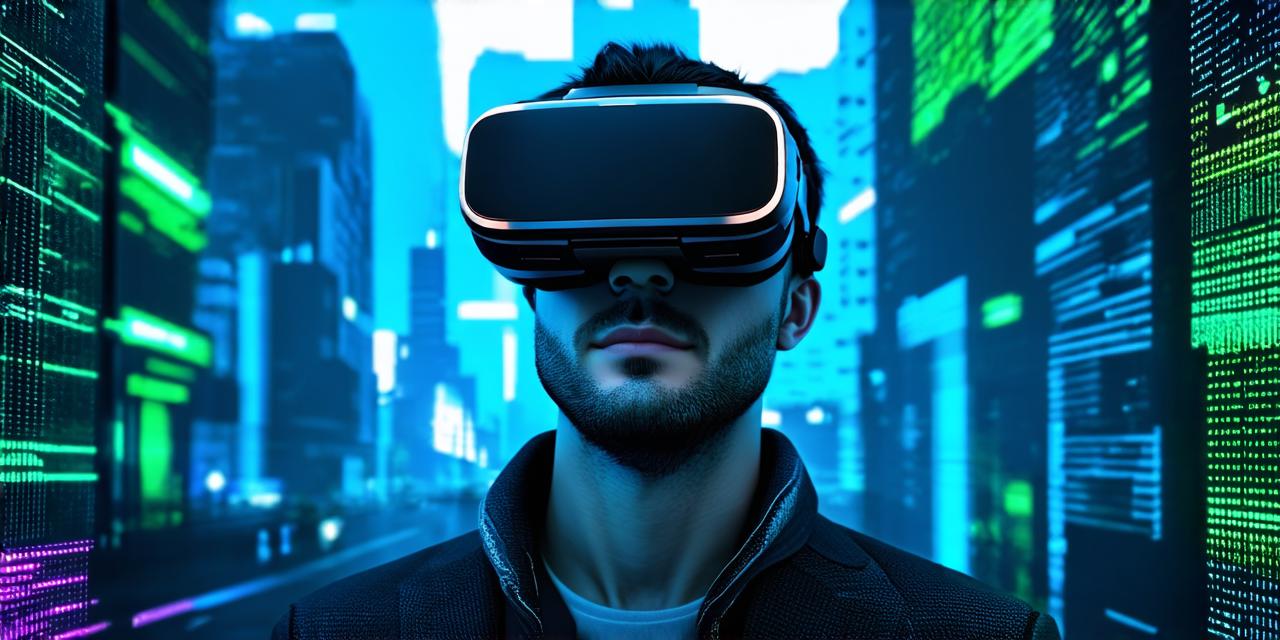Virtual reality (VR) is a rapidly growing technology that has gained popularity in various fields such as gaming, education, and healthcare. VR refers to computer-generated simulations that can be experienced through specialized headsets or other devices.
1. Improved Memory Retention
Virtual reality has been shown to improve memory retention in several ways. Firstly, VR simulations provide a highly immersive experience that stimulates multiple senses, including sight, sound, and touch. This creates a more engaging and memorable experience than traditional forms of media. Secondly, VR allows individuals to interact with virtual objects and environments in a way that closely mimics real-life experiences. This interaction can help reinforce learning and retention by creating stronger associations between the virtual world and the individual’s own experiences.
2. Enhanced Spatial Awareness
Virtual reality provides individuals with an opportunity to explore and interact with complex, three-dimensional environments that can be difficult or impossible to replicate in real life. This can enhance spatial awareness by allowing individuals to better understand how objects and environments relate to each other in space. VR can also help individuals develop a sense of scale and perspective, as they navigate virtual environments that are much larger or smaller than the real world.
3. Reduced Stress and Anxiety
Virtual reality has been shown to be effective in reducing stress and anxiety in several ways. Firstly, VR simulations can provide a safe and controlled environment for individuals to confront their fears or anxieties. For example, individuals who fear heights can use VR technology to simulate being on a tall building without the risk of actually falling. Secondly, VR can be used to create virtual environments that are calming and relaxing, such as virtual nature scenes or meditation spaces.
4. Increased Creativity and Problem-Solving Skills
Virtual reality provides individuals with an opportunity to think outside the box and explore new ways of doing things. VR simulations can be customized to suit a wide range of interests and goals, allowing individuals to create their own unique experiences. This can help stimulate creativity by encouraging individuals to think beyond the limitations of their physical environment. Additionally, VR can provide a safe space for individuals to practice problem-solving skills without the risk of real-world consequences.
5. Enhanced Learning and Training
Virtual reality has the potential to revolutionize learning and training by providing a more engaging and effective way to acquire new knowledge and skills. VR simulations can be used to create realistic and interactive scenarios that allow individuals to practice their skills in a safe and controlled environment. This can be particularly useful in fields such as medicine, where mistakes can have serious consequences.
In conclusion, virtual reality has a wide range of cognitive advantages that can benefit individuals and organizations alike. From improved memory retention and enhanced spatial awareness to reduced stress and anxiety, increased creativity and problem-solving skills, and enhanced learning and training, VR is a powerful tool for unlocking the full potential of the human mind. As VR technology continues to evolve, it will undoubtedly have an increasingly important role to play in our daily lives.
